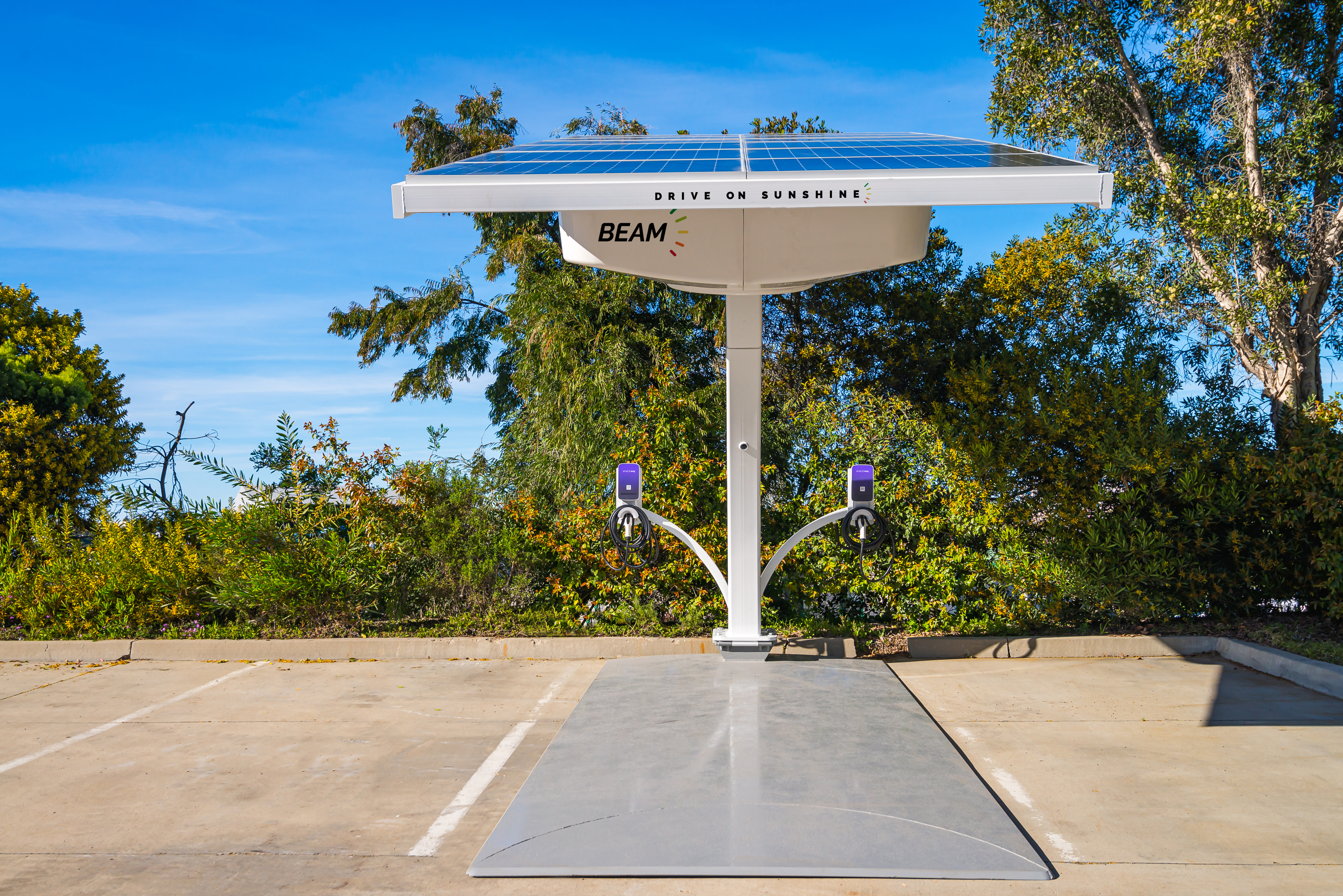
|
Solar carport incl. installation (based on average price per kW of three1 publicly available case studies, cost varies widely) |
$550,000
|
|
|
|---|---|---|---|
|
Estimated annual maintenance costs
|
$1,500
|
|
|
|
-$225,000
|
|
$7,200-$14,400
|
|
|
-$86,625 over 5 years
|
Annual cost to charge 20 EVs daily at commercial location
|
|
|
|
-$27,000
|
|
|
|
|
Total 6 year cost
|
$85,375
|
|
$43,200 to $86,400
|
|
Total 10 year cost
|
-$16,625
|
|
$72,000 to $144,000
|
|
$18,000 to $25,000
|
|
|
|
|---|---|---|---|
|
-$5,400 to -$7,500
|
|
|
|
|
Cost after incentives
|
$12,600 to $17,500
|
|
$360 to $720
|
|
$300
|
Annual cost to charge one EV at home
|
|
|
|
-$2,112
|
|
|
|
|
Total 6 year cost
|
$1,728 to $6,628
|
|
$2,160 to $4,320
|
|
Total 10 year cost
|
-$5,520 to -$620
|
|
$3,600 to $7,200
|

